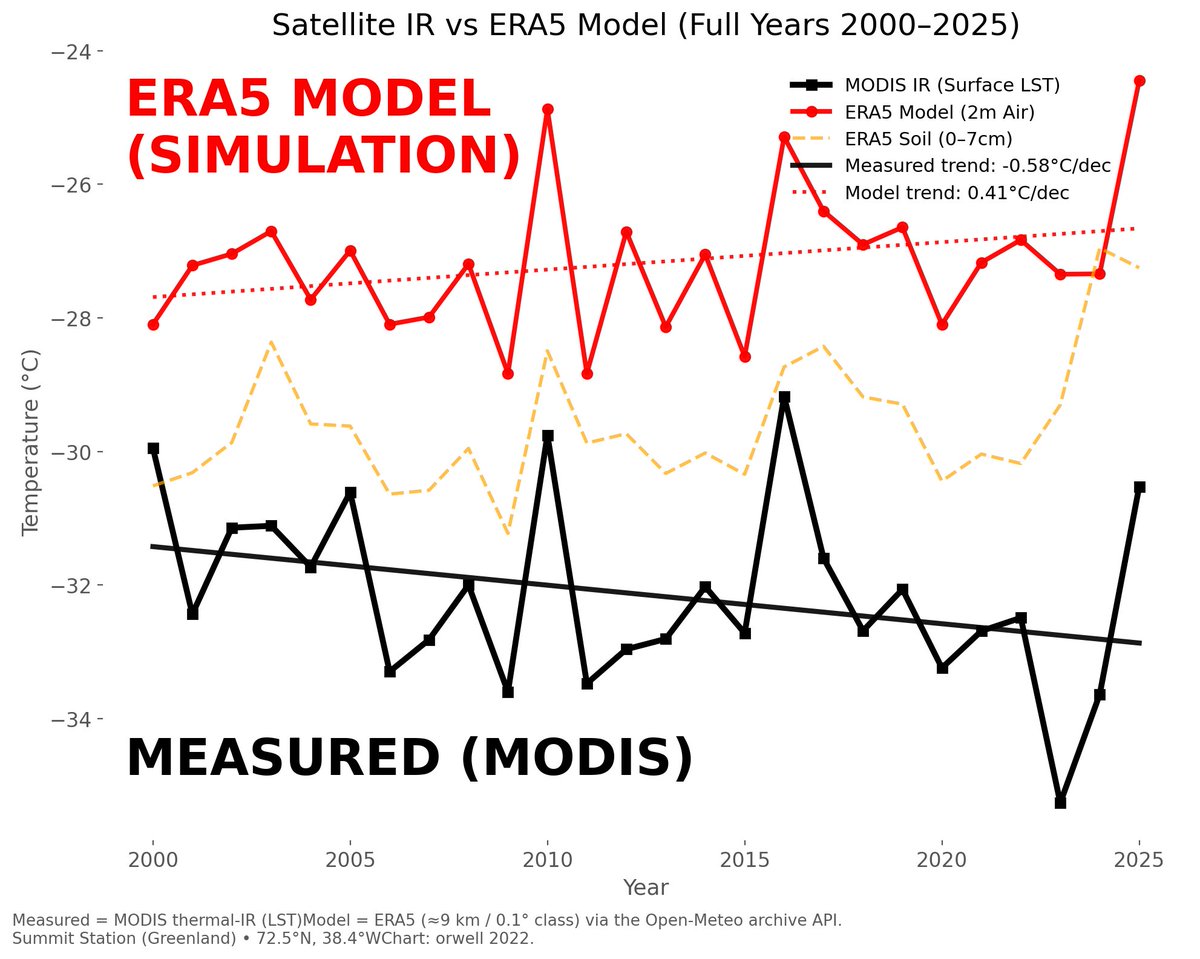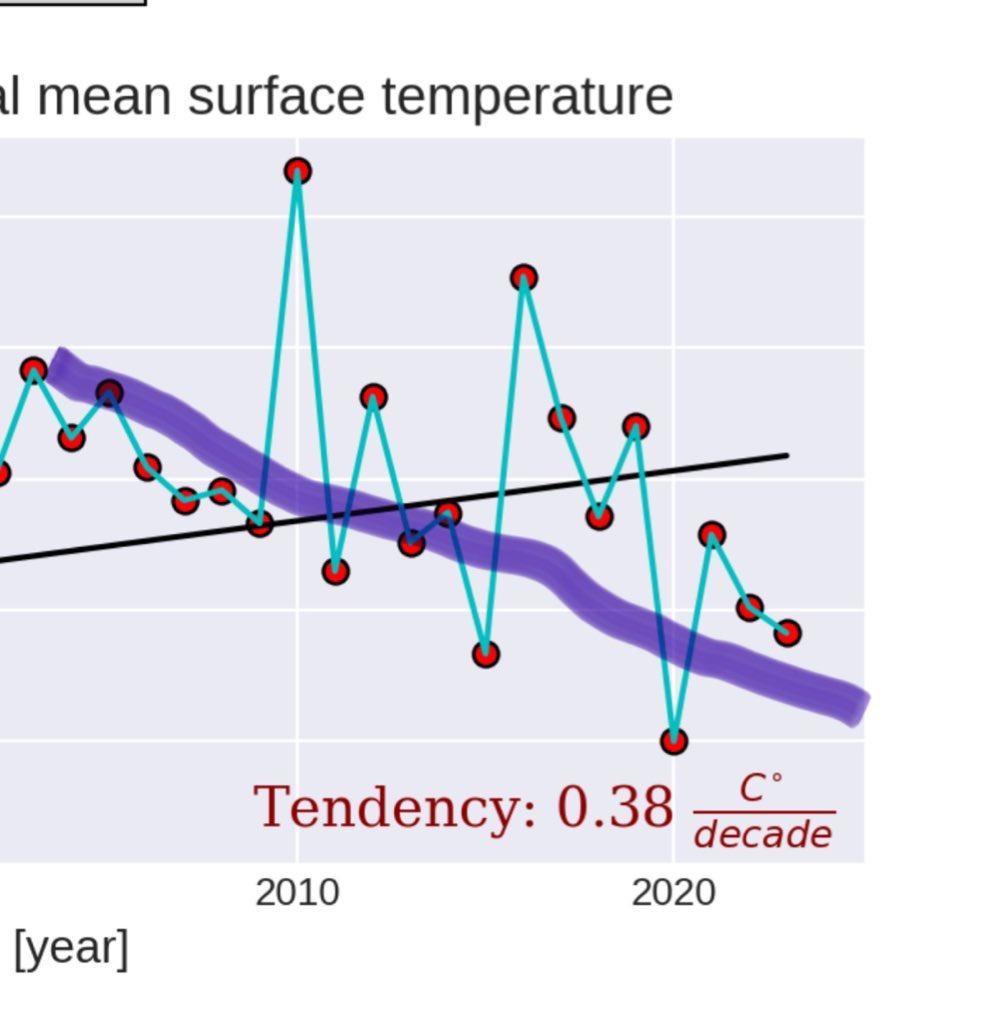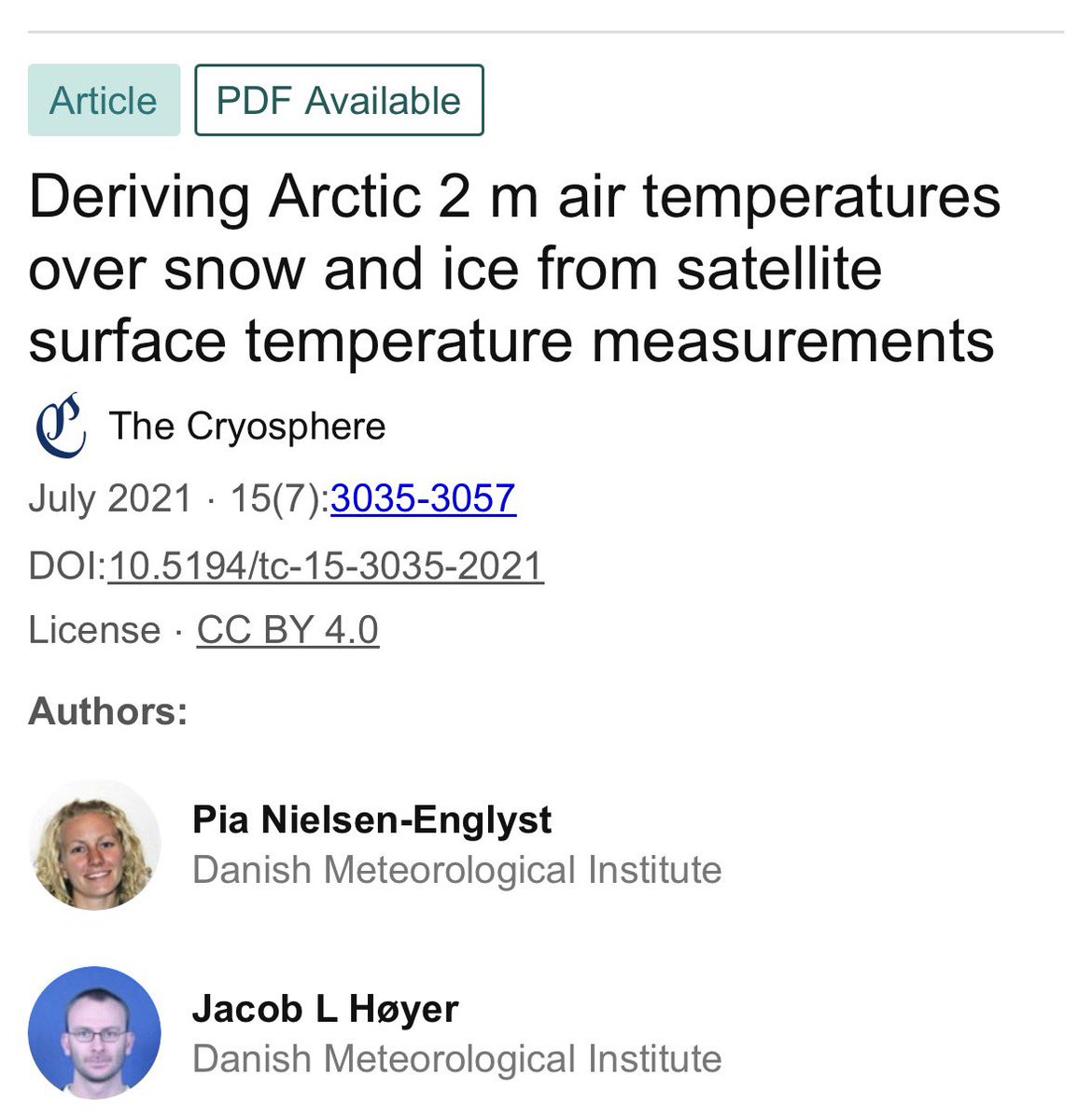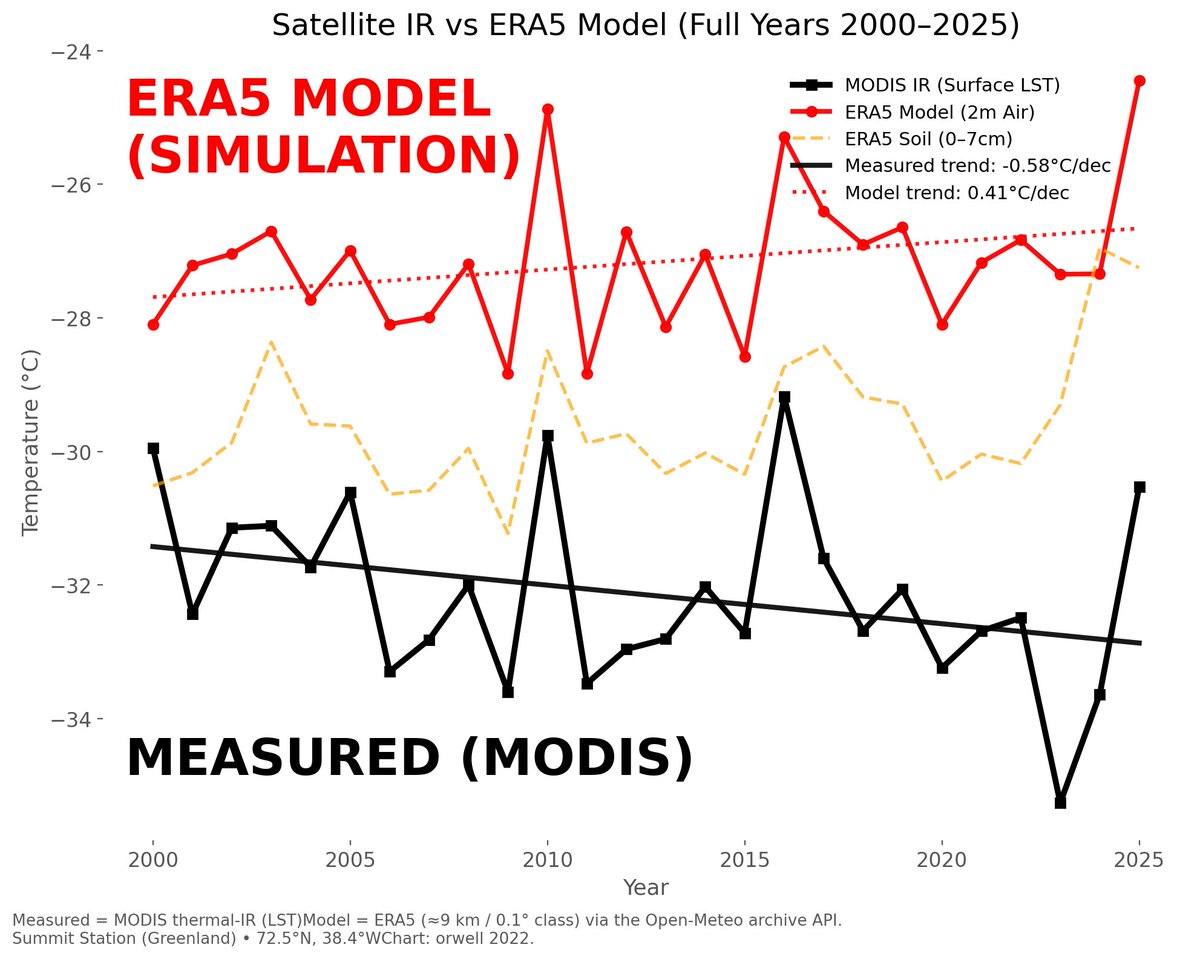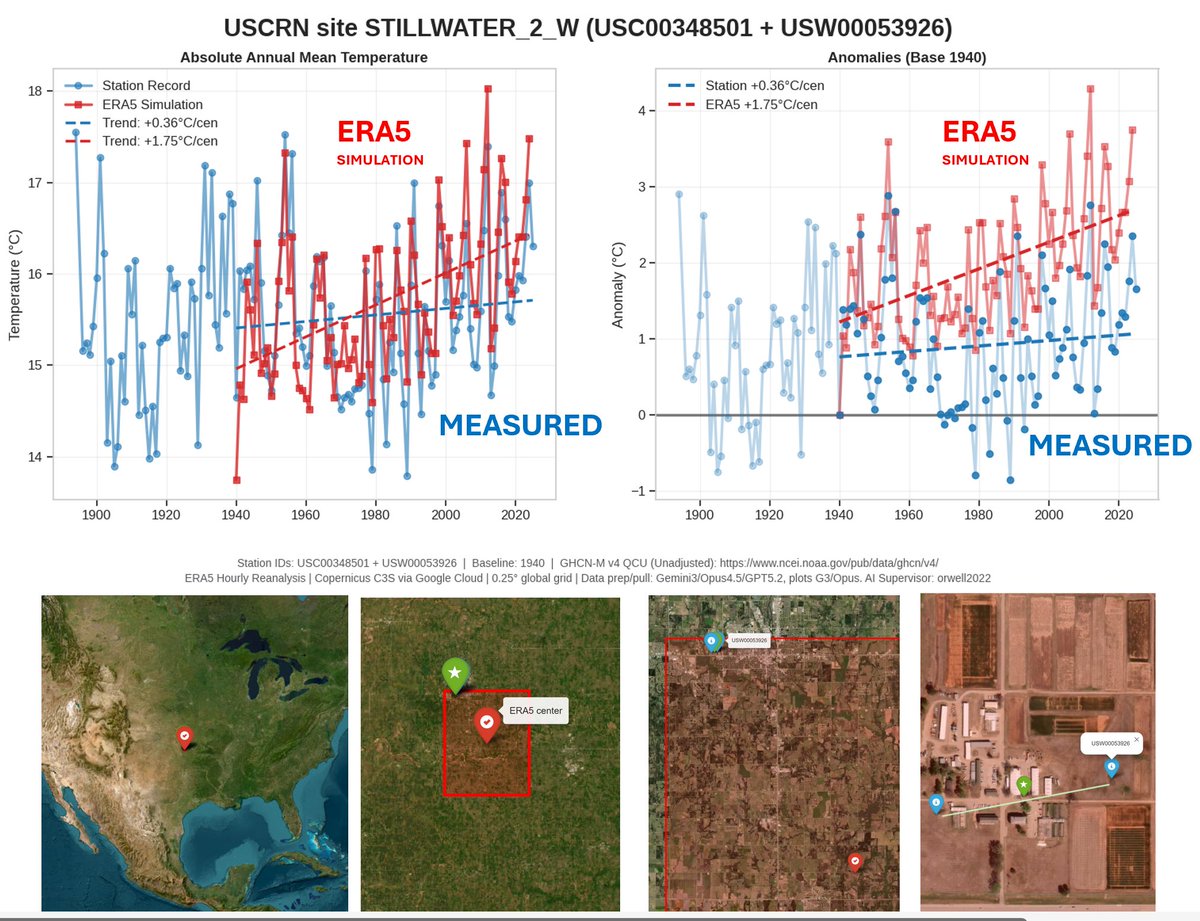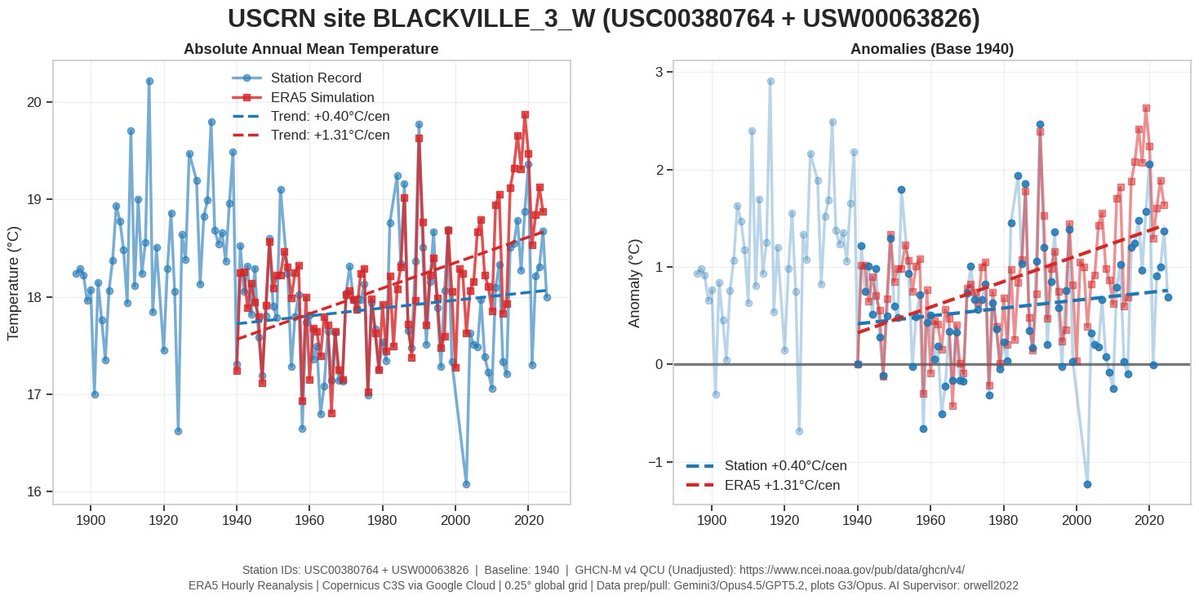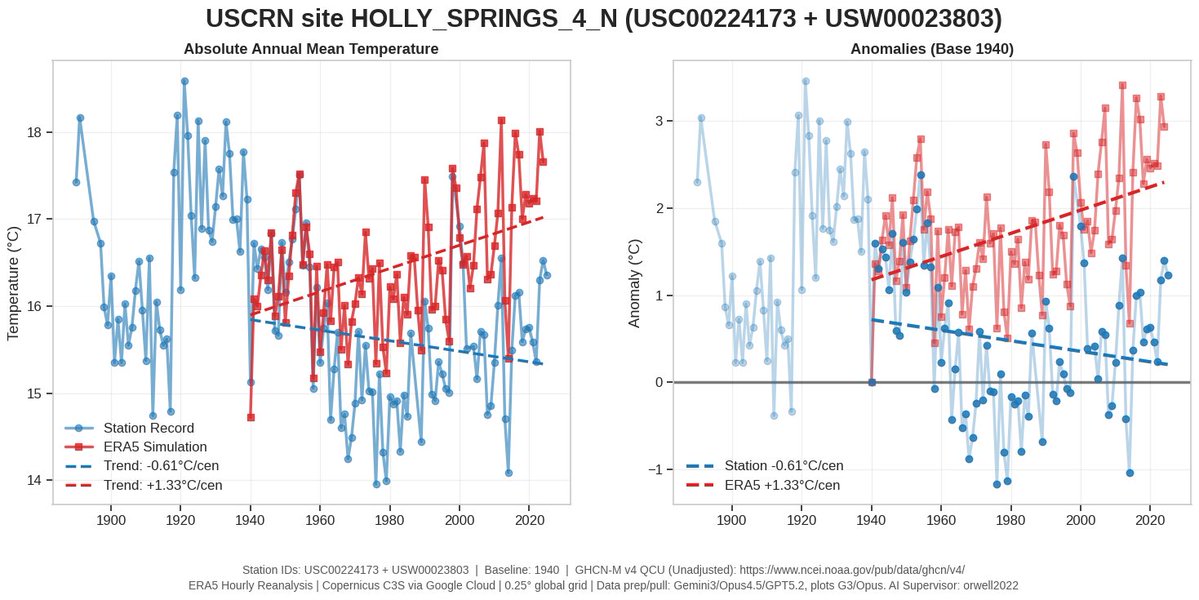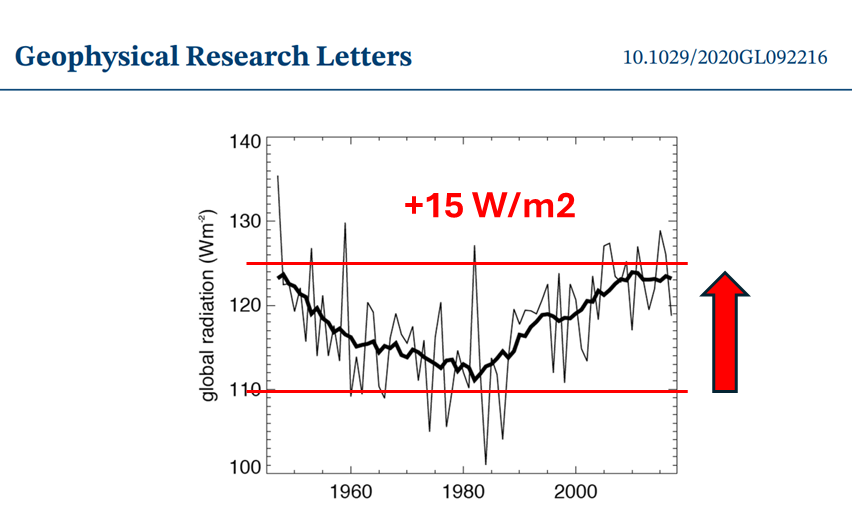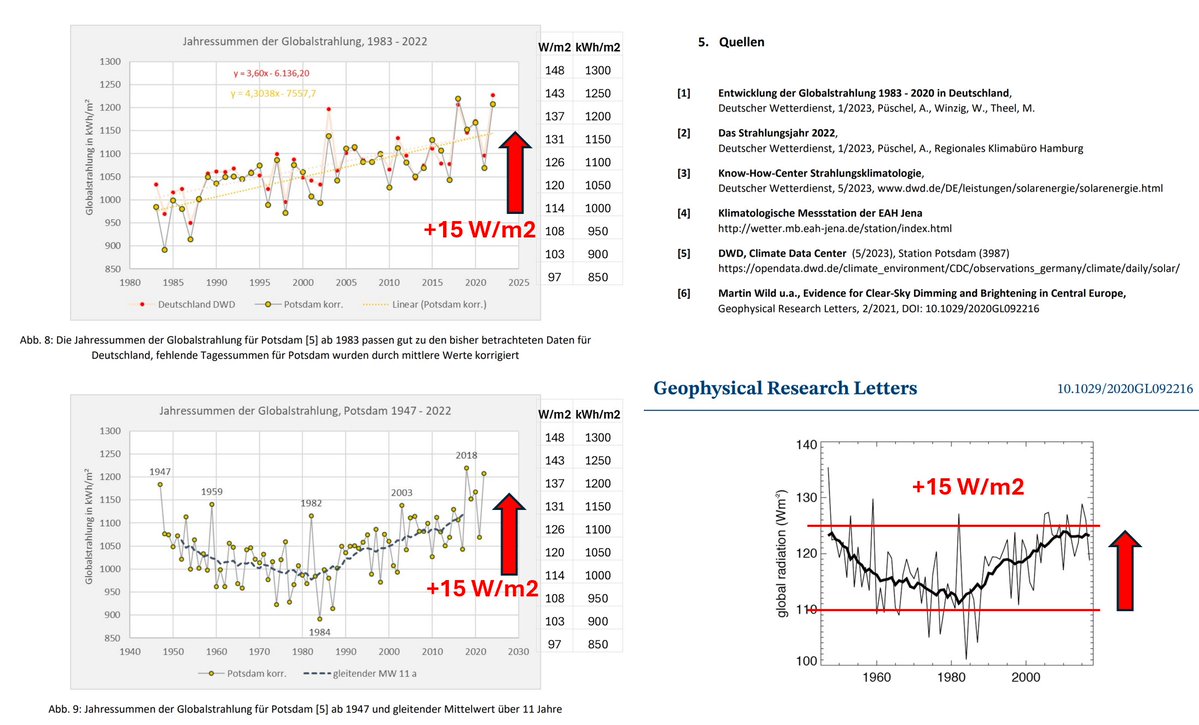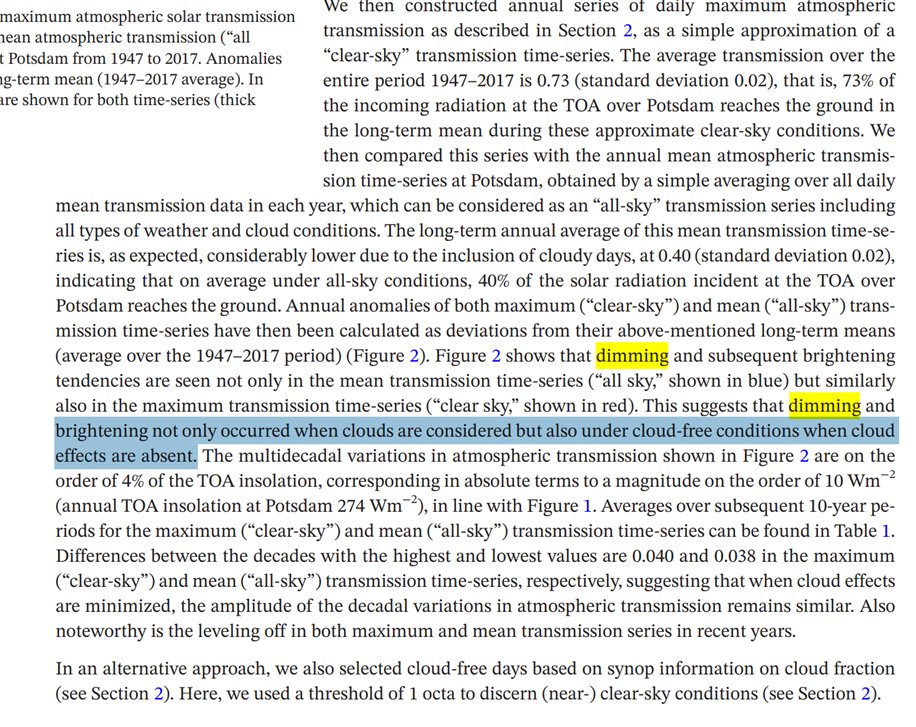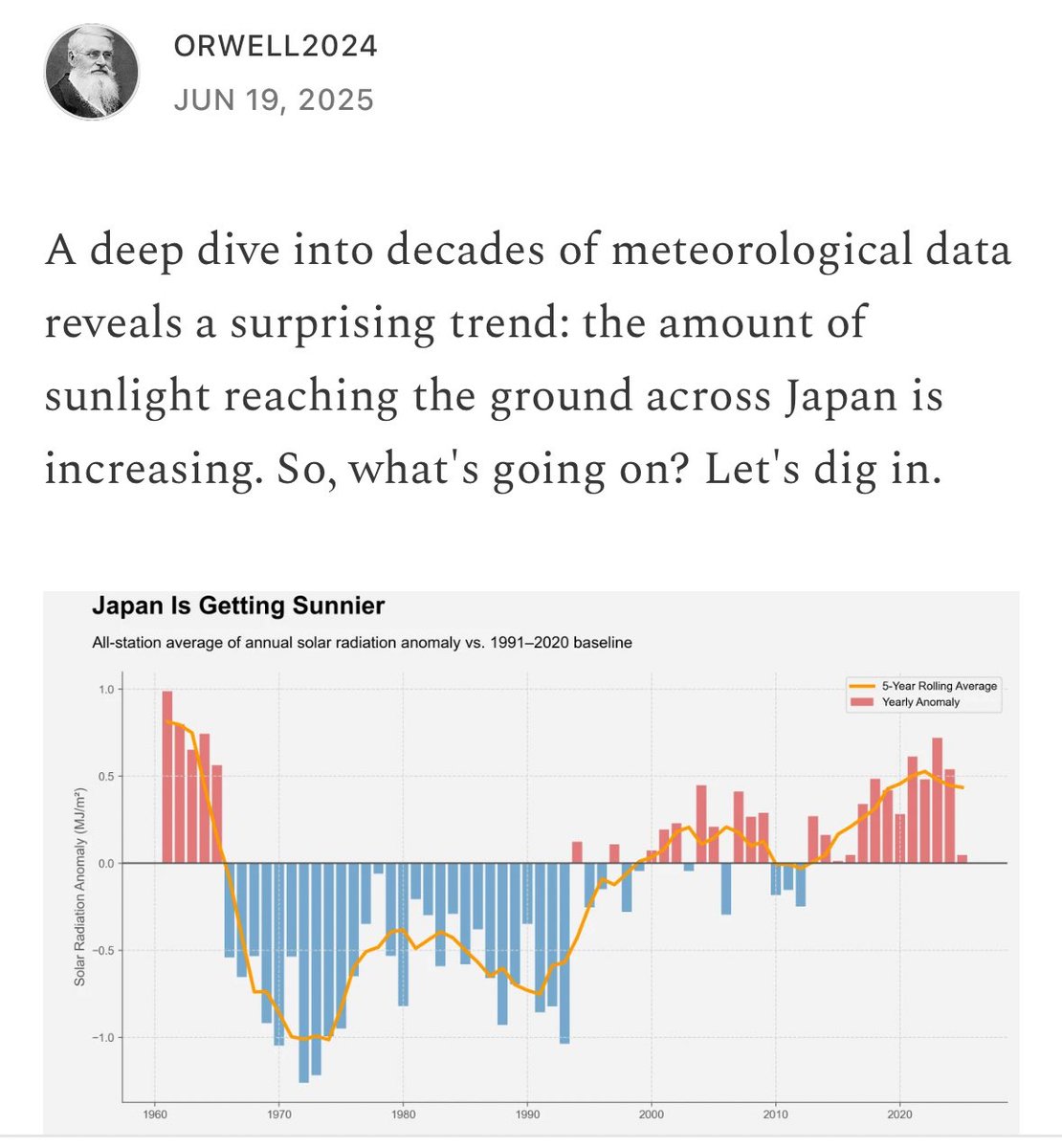1/ A great summary! After having peer reviewed many papers in the past, I can't leave this uncommented. There is just too much truth in it. But also many things missing. @markdhumphries
elemental.medium.com/the-absurdity-…
elemental.medium.com/the-absurdity-…
2/ "only one of Einstein’s 300 or so published papers was ever peer-reviewed, which so disgusted him that he never submitted a paper to that journal again."
He was not alone. Nature rejected Kary Mullis PCR paper (Nobel Price awared).
And what about drasticresearch.org/our-works/
He was not alone. Nature rejected Kary Mullis PCR paper (Nobel Price awared).
And what about drasticresearch.org/our-works/
3/ Peer Review is nothing more than "please have a look". It's a basic check, not a quality endorsment. Most papers I received were Chinese low quality papers pushing into high-end journals like Phys. Rev. B or Phys. Rev. Letters. I rejected (or redirected elswhere) most of them.
4/ It was clear that pushing low quality into high-end journals was about reputation and money. It's a quantitative money game, driven by the sick funding process in science. The more I rejected (or redirected elsewhere), the more I received from Phys. Rev. I noticed empirically
5/ Other reviewers may not be critical, so the flooding tactics to the high-end obviously works by being lucky (catching e.g. a lazy "ok" reviewer). For my own papers, I considered such high-end flooding tactic as unmoral to engage in. Nice small conferences are fine too for me.
6/ "much peer review is aggressive, rude, lazy, or just plain bad.".
You nailed it!
We don't get paid for this, so what do you expect? Quality? Most papers are bad, so it's really not fun nor a popular task to proof read. 99.99..% of the papers are not breaking discoveries.
You nailed it!
We don't get paid for this, so what do you expect? Quality? Most papers are bad, so it's really not fun nor a popular task to proof read. 99.99..% of the papers are not breaking discoveries.
7/ When a paper drops in for review, what is more likely? A) You drop your work or B) you pass it on to the PhD student? At some point, when Phys. Rev. sent too much, I started to reduce, reject or pass on. Checking the "not my field" box was the fastest way out for boring papers
8/ Peer Review is NOT a quality stamp nor a "certification" like mainstream COVID manic media claims.
"Does it stop a plainly wrong or plainly nonsense paper from being published? No"
Examples? @ConceptualJames @peterboghossian demonstrated:
"Does it stop a plainly wrong or plainly nonsense paper from being published? No"
Examples? @ConceptualJames @peterboghossian demonstrated:
9/ The article forgot to mention another issue: Rivality between competing groups. Dirty games may be played on the high end front. Rejection in order to publish ahead. At least that's what rumors tell for high impact publications on Moore's law research. Not seen it myself.
10/ Academic integrity and courage at the level of @ConceptualJames @BretWeinstein @peterboghossian @SwipeWright is exceptionally rare. They deserve a big thank you in this sinister "post factual" propaganda times of political science.
11/ Bonus round (Nature, Phy.s Rev., #shutdownstem)
Don't #ShutDownSTEM
https://twitter.com/orwell2022/status/1395143811840499712?s=20
https://twitter.com/orwell2022/status/1399661034688892932?s=20
https://twitter.com/orwell2022/status/1382290866786684931?s=20
Don't #ShutDownSTEM
12/ The weak point seems to be at the editorial level. Once you get a political agenda pushing admin on such post, it's game over. In science and media. Nice example is @ggreenwald (also a shining star) who resigned from the outlet he co-founded.
theguardian.com/media/2020/oct…
theguardian.com/media/2020/oct…
13/ Team #DRASTIC has shown us the pathway for the future. It's time to scarp and wrap-up the dead dinosaurs, both in media and science journals.
Ideally we should have a block chain version of an uncensorable version of Twitter for science with a built in pre-print database.
Ideally we should have a block chain version of an uncensorable version of Twitter for science with a built in pre-print database.
14/ Closing words: "Satoshi Nakamoto" un-reviewed #bitcoin paper provided a solution to a long unsolvable mathematical problem: "The #Byzantine Generals’ Problem". A major mathematical discovery with disruptive impact on society.
bitcoin.org/bitcoin.pdf
link.medium.com/8tpn7lYHWgb
bitcoin.org/bitcoin.pdf
link.medium.com/8tpn7lYHWgb
@threadreaderapp unroll
• • •
Missing some Tweet in this thread? You can try to
force a refresh


